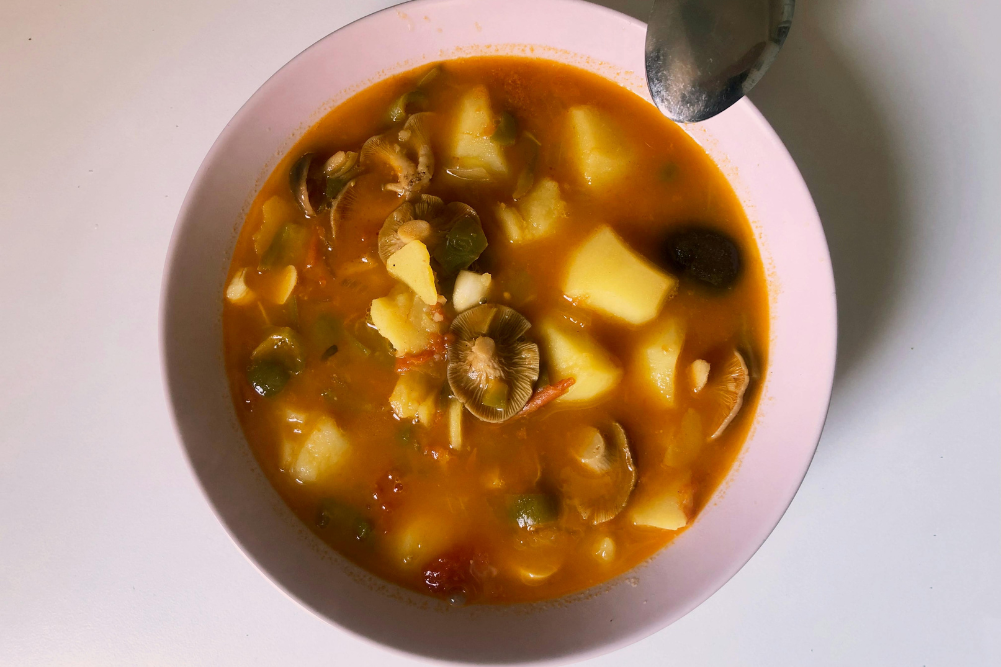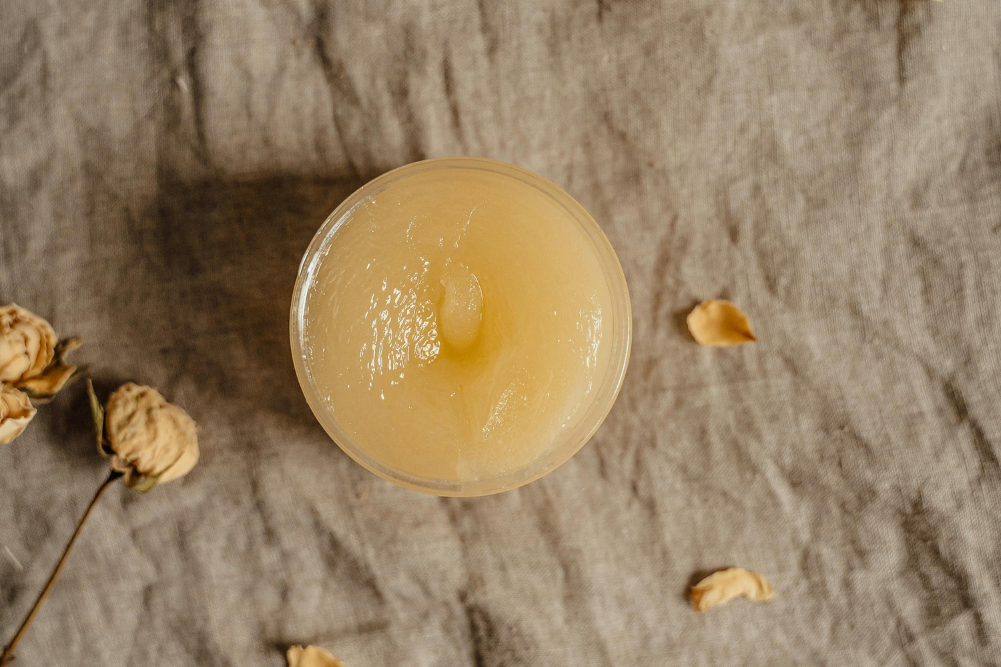Beauty remedies from your kitchen
We all have heard the famous phrase, “You are what you eat.” But did you know that common foods that you likely have in your kitchen can do wonders for your internal health and external glow? Beauty really does start on the inside. Below you will learn about the beauty remedies from three common kitchen staples that can help you maintain healthy skin, hair and nails.
Greek yoghurt
Greek yoghurt is high in protein, which is essential for building and repairing tissues in the body, including the skin, hair and nails. It is also a good source of essential vitamins and minerals, including zinc, calcium, vitamin D and vitamin B12, all of which are important for maintaining healthy bones, skin and hair. Greek yoghurt is a fermented food, which naturally contains probiotic cultures that strengthen the digestive tract. Many Greek yoghurts also contain added probiotics such as Lactobacillus acidophilus and Lactobacillus casei, which have been shown to promote a healthy gut microbiome. A healthy gut microbiome is key for clear skin and a bright complexion — not to mention overall vitality.
Applying Greek yoghurt topically also has beauty benefits:
Moisturises skin:
Greek yoghurt contains lactic acid, which helps to hydrate and moisturise the skin, making it look supple and soft.
Soothes sunburn:
Greek yoghurt has a cooling effect on the skin, which can help to soothe sunburn and reduce redness and inflammation.
Fights acne:
Greek yoghurt contains zinc, which can help to reduce inflammation and redness associated with acne.
Exfoliates skin:
Greek yoghurt contains alpha-hydroxy acids (AHAs), which can help to exfoliate the skin, removing dead skin cells and revealing smoother, brighter skin.
Raw honey
Raw honey contains a range of beneficial compounds and is rich in minerals and vitamins that can provide health and beauty benefits. Raw honey has not been pasteurised or processed. This is very important because many store-bought honeys have been heated to such high temperatures that their medicinal properties are lost. Heating honey up to 37°C causes loss of nearly 200 components, many of which are antibacterial. Avoid store-bought honeys and instead shop at your local market or a roadside stall for a jar of this golden goodness; I also love the thought that
I am tasting local flowers from my region.
Raw honey contains calcium, iron, potassium, magnesium, zinc, phosphorus and selenium alongside vitamins B and C, antioxidants and enzymes. The mineral content of raw honey can vary depending on factors such as the type of flowers from which the bees collected the nectar and the location where the honey was harvested.
When it comes to medicinal properties, raw honey is a true superfood:
Possesses antibacterial and anti-inflammatory properties:
Raw honey contains hydrogen peroxide, which has antibacterial properties, and flavonoids, which have anti-inflammatory properties. This combination can help to reduce inflammation and fight bacteria on the skin, which can help to improve the appearance of acne-prone or sensitive skin. You can reap these benefits by both eating honey and applying it topically.
Acts as a natural moisturiser:
Raw honey can help to moisturise the skin and prevent dryness. It also contains enzymes that can help to exfoliate the skin, promoting cell turnover and revealing smoother, more radiant skin. You may have seen honey as an ingredient in beauty products for this reason.
Promotes wound healing:
Raw honey has been used for centuries to promote wound healing due to its antibacterial properties and ability to reduce inflammation. It can also help to reduce scarring and promote tissue regeneration.
Contains a richness of antioxidants:
Raw honey contains antioxidants such as phenolic acids, which can help to protect the skin from damage caused by free radicals, reducing the appearance of fine lines and wrinkles and promoting a more youthful appearance.
Soothes sore throat and cough:
Raw honey can help to soothe a sore throat and reduce coughing, making it a natural remedy for colds and flu.
Cinnamon
Cinnamon is a popular spice that has been used for centuries around the world for its sweet taste and myriad medicinal properties. It is a spice that is likely lingering in your cupboard, so next time you’re in the kitchen add a sprinkle to your meal for the following benefits:
Has anti-inflammatory properties:
Cinnamon contains compounds that have anti-inflammatory properties. Consuming cinnamon can help to reduce inflammation throughout the body, which can contribute to healthier skin and hair.
Has antioxidant properties:
Cinnamon is a rich source of antioxidants, which help to protect the body against damage caused by free radicals. Free radicals can damage skin cells and contribute to premature ageing.
Boosts circulation:
Cinnamon helps to improve circulation and assists in the delivery of essential nutrients and oxygen to the skin and hair follicles, all of which stimulate hair growth.
Promotes digestion:
Cinnamon is known as a carminative, helping to soothe an upset belly, improve digestion and promote a healthy gut microbiome. A healthy gut is integral for overall internal and external health.
Regulates blood sugar:
Cinnamon is one of the best natural blood glucose regulators. Insulin resistance and dysregulated blood glucose levels are associated with acne. Weaving this spice into meals can help to stabilise your blood sugar and reduce the chances of skin breakouts.








